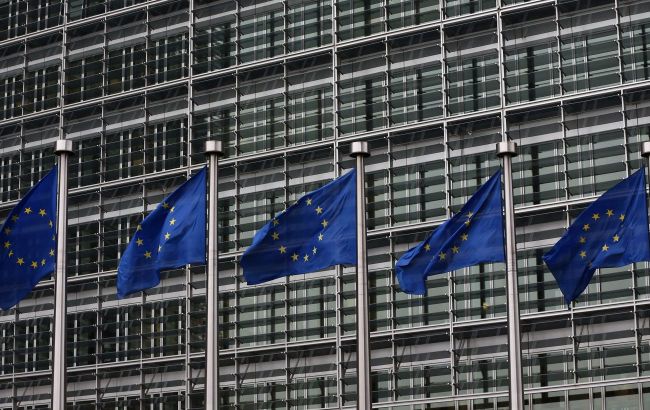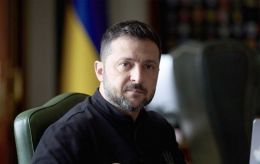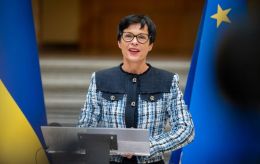EU agrees on taxation of frozen Russian assets, but not confiscation - Bloomberg
 EU to introduce income tax on Russian assets (Getty Images)
EU to introduce income tax on Russian assets (Getty Images)
The European Union has moved forward with plans to introduce a windfall profits tax on the frozen assets of the Russian central bank. However, the EU does not intend to confiscate this money, according to Bloomberg.
EU foreign ministers gave their political blessing to the tax on January 22, the agency's sources say. The issue will be discussed by the bloc's ambassadors later this week.
Ukraine's allies generally agree that Russia should pay for the damage caused by its war. The EU, G7 countries, and Australia have frozen about €260 billion in securities and cash assets of Russia's central bank, with over two-thirds of that amount in the EU. Most of the assets in the EU are held at the Euroclear clearinghouse, where they generated €3 billion in revenue last year.
EU foreign policy chief Josep Borrell told reporters that progress had been made on the windfall profits tax during a meeting of the bloc's foreign ministers and that discussions would continue.
Refusal to confiscate
A group of countries, including Germany, have made it clear that they oppose the confiscation of Russian assets on legal grounds, anonymous sources told Bloomberg.
Last year, the EU's foreign affairs service proposed a multi-step process that would first identify the relevant assets and determine the actions that the central securities depositories that hold these funds would need to take before the next steps are proposed. These steps will determine how the windfall tax is applied to profits earned on frozen assets and to revenues transferred to the EU budget for use in Ukraine. Expenses and national taxes will be deducted before the transfer of income.
The U.S. has recently signaled that it may be prepared for full asset confiscation. But even a smaller move to tax profits has been slow to move forward in the EU, as several member states and the European Central Bank are concerned about the potential impact the move could have on the stability of the euro.
In addition, the debate on aid to Ukraine has reached a critical point, with questions being raised about the country's immediate needs. Aid worth about $100 billion is still on hold due to political processes in Washington and Brussels.

